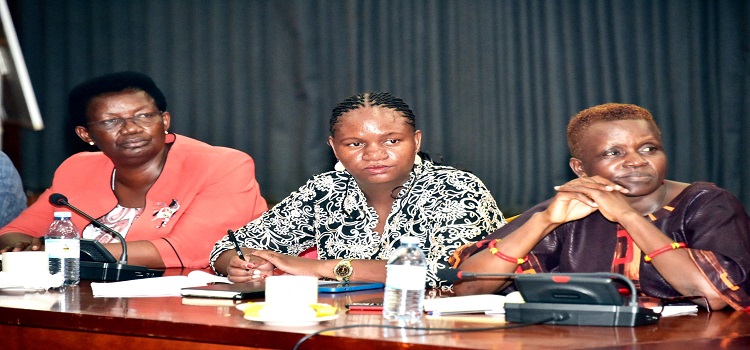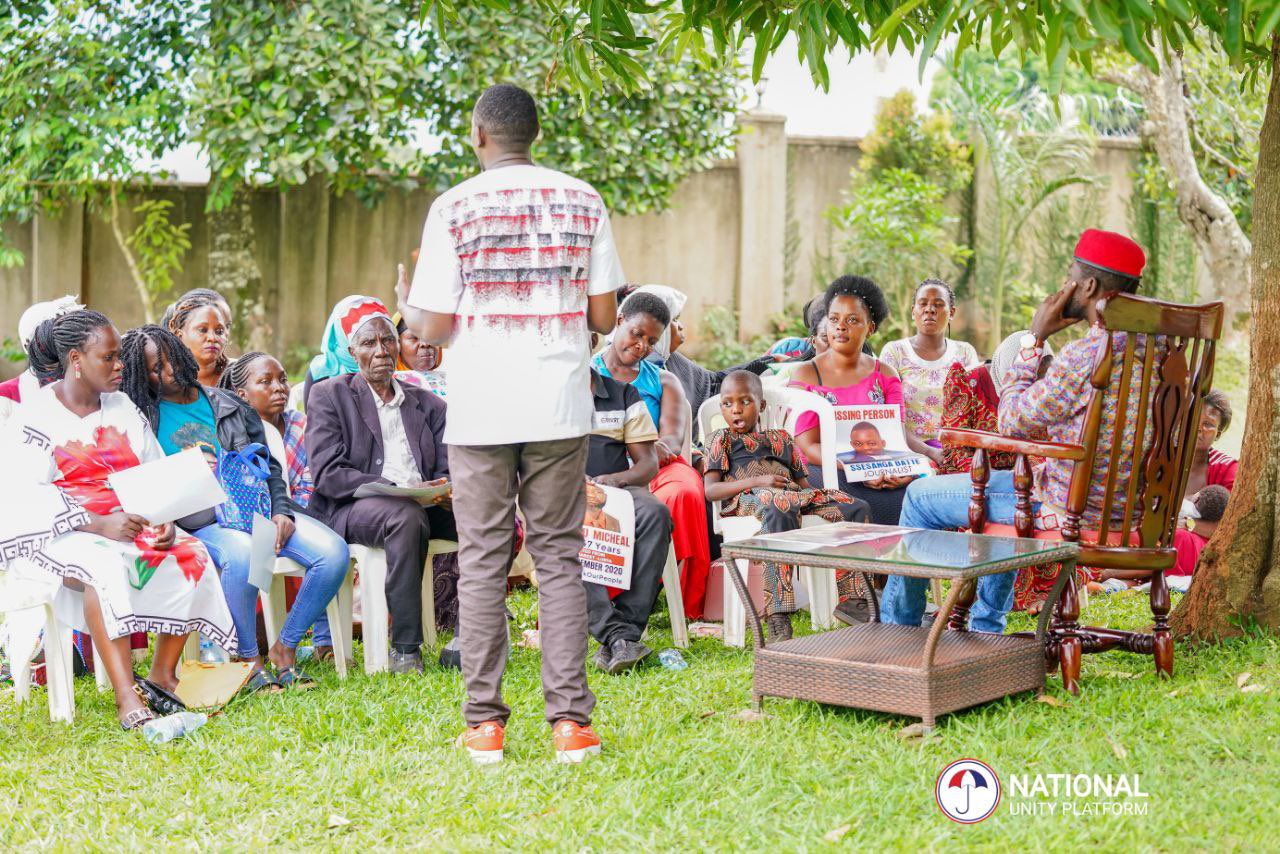The government is planning to revise property tax rates, according to Judith Nabakooba, the Minister of Lands, Housing, and Urban Development. She made this announcement during the second Uganda Housing Symposium organized by Habitat for Humanity in Kampala.
Minister Nabakooba expressed the necessity of revising the current property tax rates, as they are considered unfriendly and unaffordable for many property owners. She stated that the country is currently collecting less than 40 percent of the property tax, primarily because of these unfriendly rates, which lead many property owners to avoid paying.
Property tax rates are determined based on the rateable value of properties within a local government’s jurisdiction, as specified in Section 3(1) of the Local Government Rating Act (LGRA) 2006. These rates are a significant source of revenue for local governments.
The Ministry of Lands, Housing, and Urban Development is in discussions with the Uganda Revenue Authority (URA), the Ministry of Finance, and the Kampala Capital City Authority (KCCA) to ensure that any revised rates are more favorable to property owners.
Under the Local Government Act, local governments can charge property tax at a rate not exceeding 12% of the taxable value of the property, with a minimum of 2,000 shillings. The taxable value is calculated as 74% of the revenue generated by a property.
In 2020, KCCA adjusted property tax rates in Kampala, reducing them from 6% of the taxable value on commercial properties to 4% for properties generating five million shillings or less, and maintaining 6% for properties with revenue exceeding five million shillings. However, some property owners in Kampala still find the charges to be high.
Minister Nabakooba emphasized the importance of effective policies, technology application, and resource allocation to promote responsive housing development. Anthony Steven Okoth, the National Director of Habitat for Humanity Kenya, encouraged Uganda to implement policies that offer affordable housing solutions to address the housing gap and reduce youth unemployment. He suggested leveraging the private sector to tackle the housing deficit issue.
The housing symposium’s theme was “Affordable Housing for Urban Informal Settlements as a Driver for Economic Growth.”




















